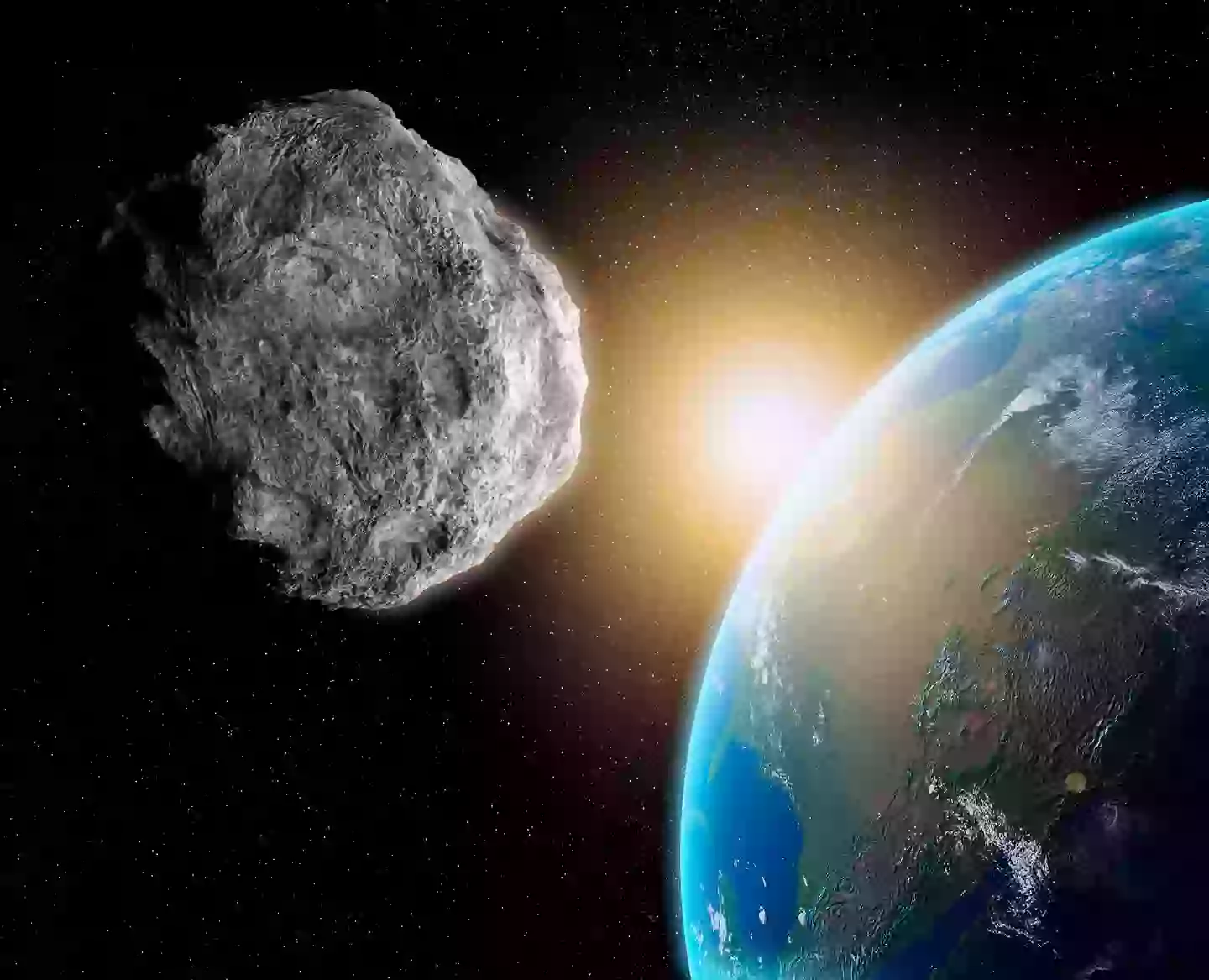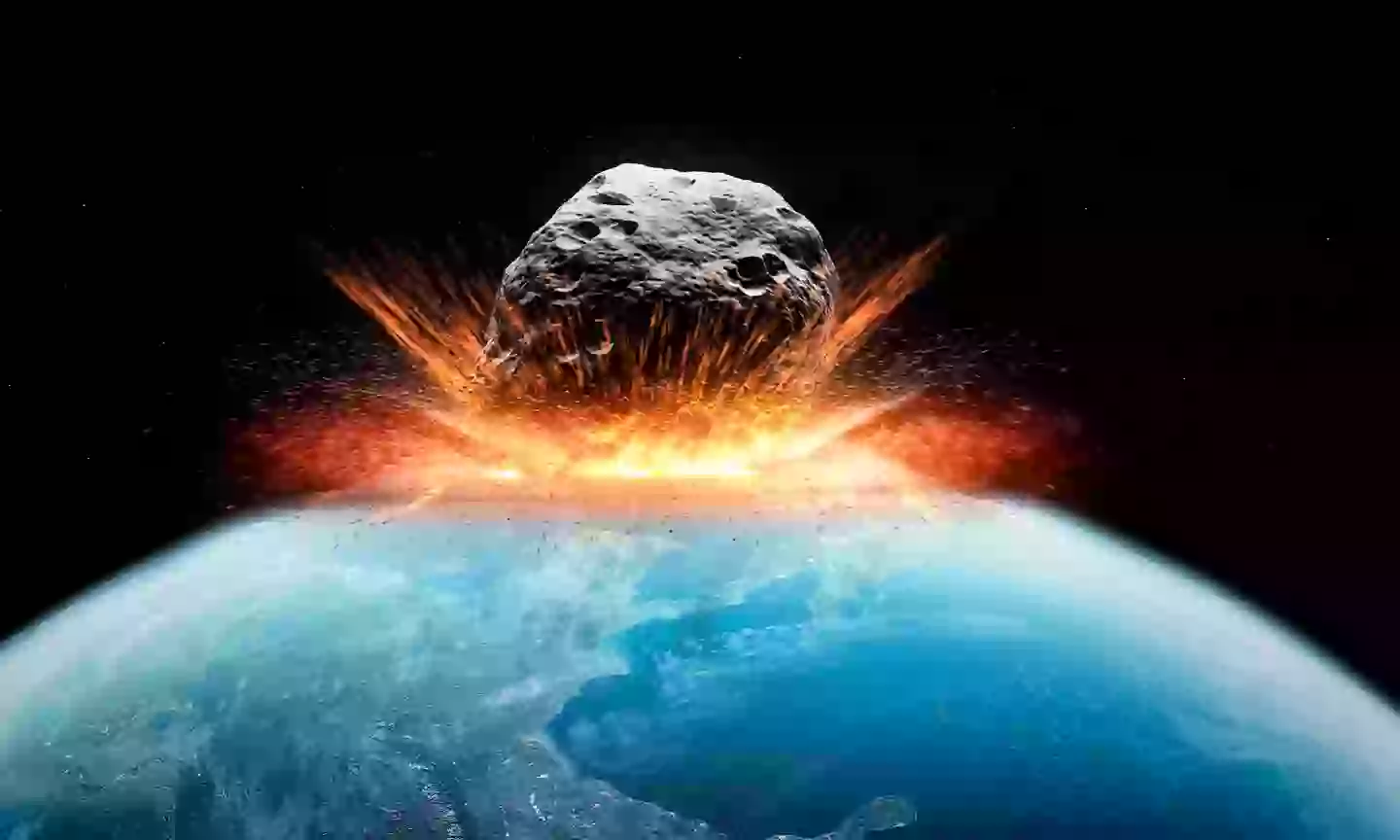
Scientists say a new 'city-destroying' asteroid has a higher chance of hitting Earth than they first thought.
NASA found a pretty concerning asteroid in December last year which they've gone on to name 2024 YR4.
The space rock was initially spotted by an automated telescope in Chile and has since shot to the the top of the impact risk list maintained by US and European space agencies.
It is feared the asteroid could collide with Earth as early as 2032, with the European Space Agency previously predicting it has a 1.3 percent chance of hitting home on December 22 of that year.
Advert
Now, however, experts have upped the odds to 2.2 percent due to new information from telescopes.
Speaking to Yahoo News, Juan L Cano, of the ESA's Planetary Defence Office, said: "The results are analysed on a daily basis, so we are updating the results every day with observations that are provided.
"We are retrieving that information, the new measurements in order to redo all the calculations on a daily basis. We are reaching the 2 percent today. Yesterday we reached 1.8 percent."
Astronomers warn the percentage could continue to fluctuate too as new observations are made.
Advert

If the YR4 asteroid follows the patterns of other asteroids that have threatened Earth in the past, the chances of impact will rise and then fall again, reports CNN Science.
One such asteroid Apophis that was discovered in 2004 was once considered a risk to Earth, but scientists revised the warning in 2021 after examining its orbit.
So the more the space boffins can observe YR4, the more they can determine its size, trajectory and it's possibility of colliding with Earth.
Advert
The blog post on the subject by NASA reads: "As more observations of the asteroid’s orbit are obtained, its impact probability will become better known. It is possible that asteroid 2024 YR4 will be ruled out as an impact hazard, as has happened with many other objects that have previously appeared on NASA’s asteroid risk list, maintained by NASA’s Center for Near-Earth Object Studies."
The International Asteroid Warning Network is continuing to monitor and track the asteroid as it will be visible throughout April. However, after that, if will be 'too faint to observe' up until June 2028.

According to experts, YR4 is estimated to be around 100 meters wide and could cause city-sized destruction if it was to strike.
Advert
However, Colin Snodgrass, a professor of planetary astronomy at the University of Edinburgh, essentially said we shouldn't worry too much about it.
"Most likely this one will pass by harmlessly," he said. “It just deserves a little more attention with telescopes until we can confirm that. The longer we follow its orbit, the more accurate our future predictions of its trajectory become.”
NASA also stresses the asteroid hitting Earth remains an 'extremely low possibility'.
Speaking to Space.com, survey engineer Catalina Sky and asteroid hunter David Rankin also said similar calming messages.
Advert
The pair said: “People should absolutely not worry about this yet. Impact probability is still very low, and the most likely outcome will be a close approaching rock that misses us."
Topics: Earth, NASA, Science, Space, Technology